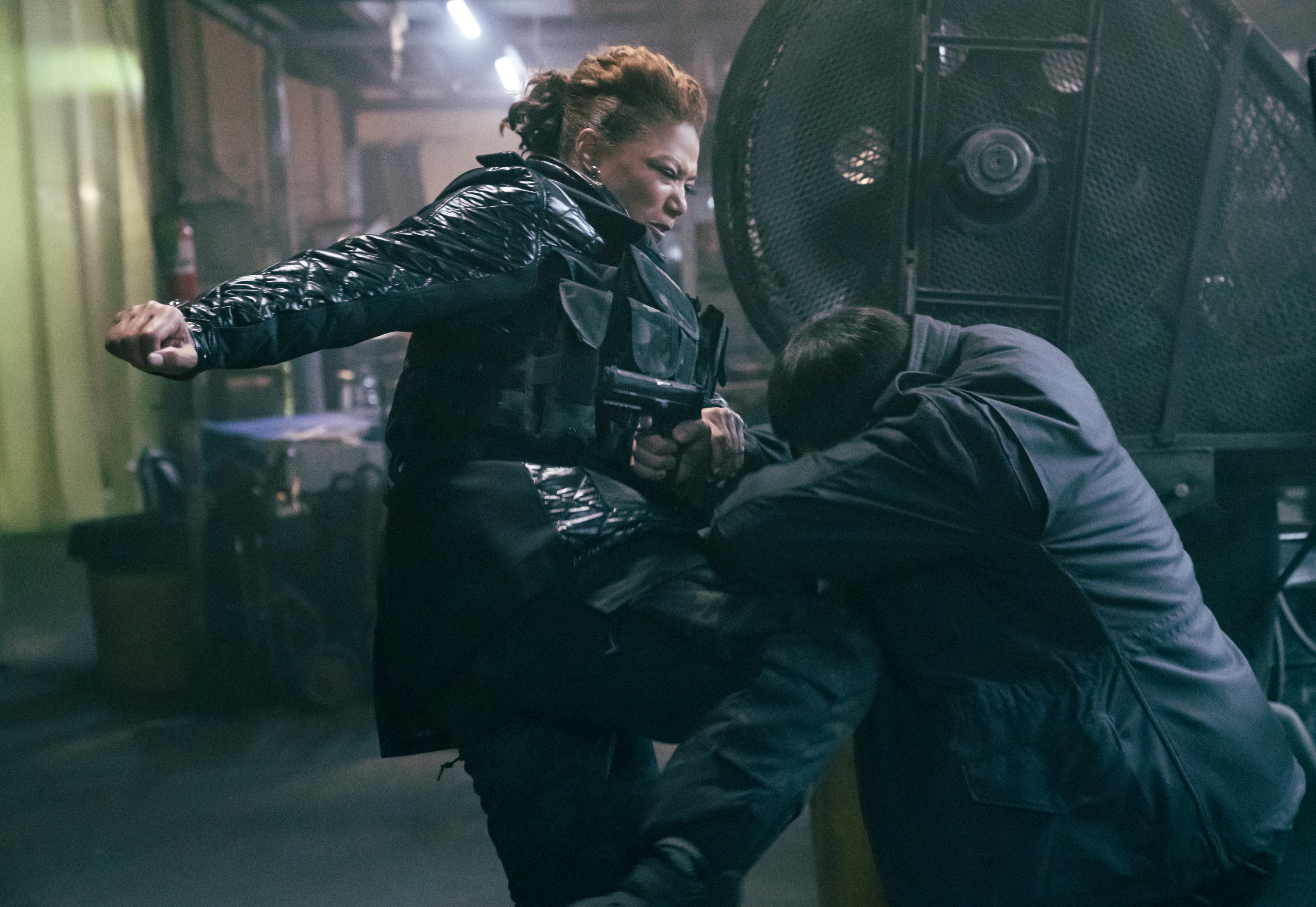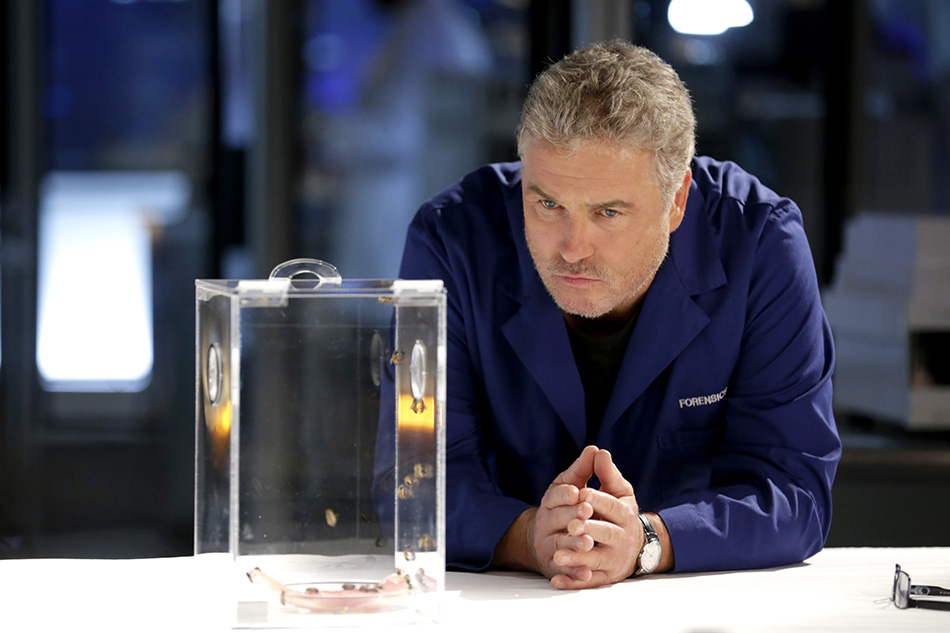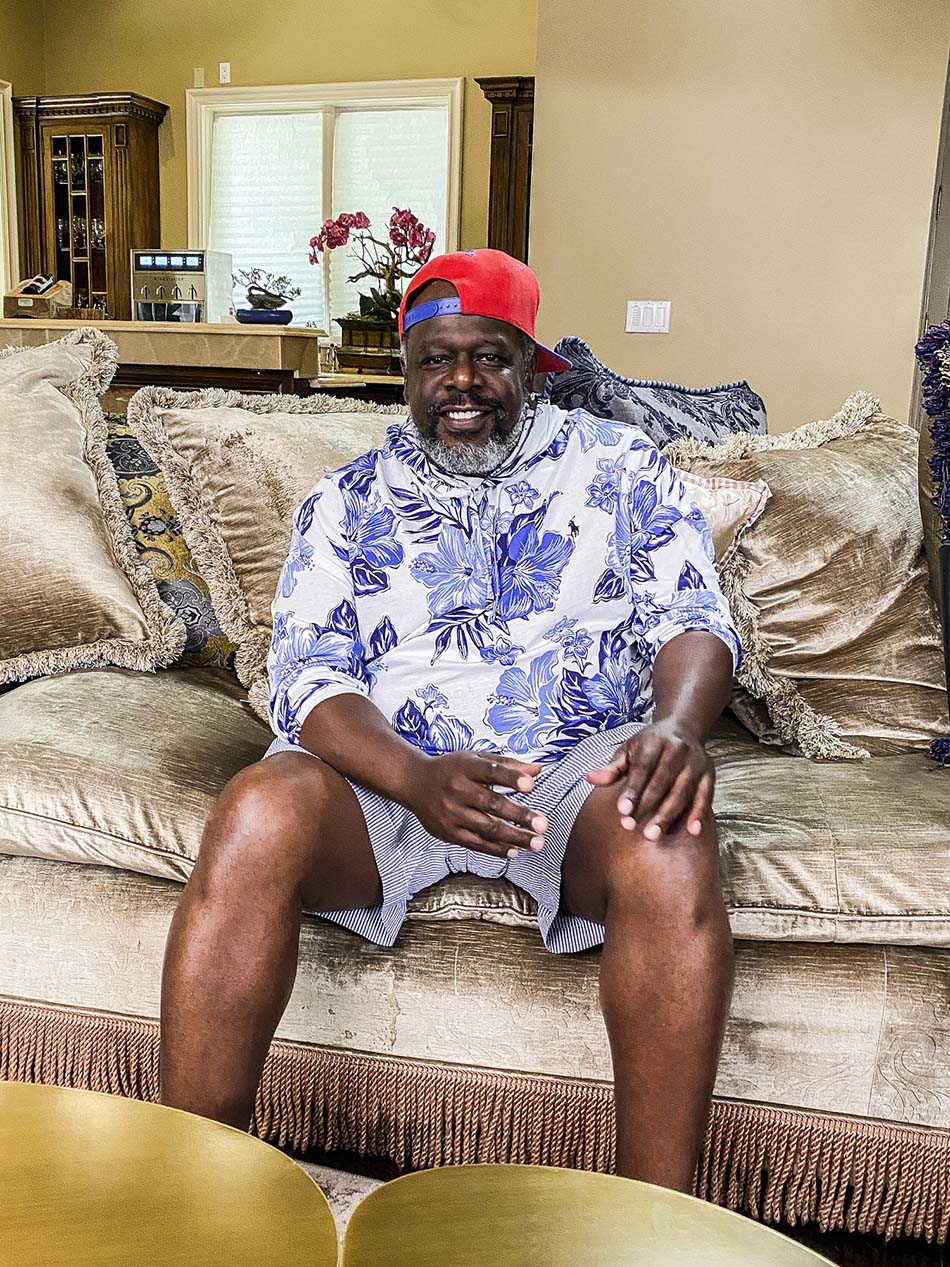CBS‘s Kelly Kahl Has His Eye on the Fall
Double the excitement from last season, CBS Entertainment president says, as production heads back to normalcy

The smarter way to stay on top of broadcasting and cable industry. Sign up below
You are now subscribed
Your newsletter sign-up was successful

Kelly Kahl, CBS Entertainment president, has overseen the network’s prime schedule for many years. Last season was unique, with COVID-19 causing all sorts of production delays. But 2021-2022 is starting to feel much more like a traditional TV season.
“We just feel like we’re headed toward a much bigger, better fall than we had last year,” said Kahl.
Kahl spoke with B+C/Multichannel News about CBS’s fall season, which includes spinoffs of CSI, NCIS and FBI, and what the traditional broadcast schedule represents in this era of on-demand viewing. The interview was edited for space and clarity.
B+C: Years back, you likened the days just before the season starts to a football player in a locker room, ready to go. Does it still feel like that in this time of streaming?
Kelly Kahl: The excitement is still there. It’s probably twice as much this year. Taking the analogy further, it feels like we’ll be playing in front of a full stadium this year. It feels like we’re gonna have a full team on the field. We’ve got new franchises or new editions of some of our franchises, NCIS: Hawaii, FBI: International and CSI: Vegas. It just feels like our lineup is strengthened — each night of the week, we’re strong. It really feels like we have a renewed, energized lineup. The reaction from advertisers has been terrific. We had a terrific upfront.
It feels like a real game again.
B+C: What is the thinking behind the spinoffs for NCIS, FBI and CSI?
KK: The audience is receptive to these shows. They like them, they continue to watch them through thick and thin. Business-wise, they’re very smart for us. They travel well internationally, they sell well domestically. They’re good sources of streams and subscribers for Paramount Plus.

B+C: Tell me how CSI: Vegas came to be.
KK: It was the right producers and the right idea, and being able to get Billy [Petersen] and Jorja [Fox] back was huge as well. We expect that to be a hook for viewers to come back to see — a couple of very, very popular characters in TV history.
B+C: Will it feel similar or much different from the original CSI?
The smarter way to stay on top of broadcasting and cable industry. Sign up below
KK: I think the answer is yes. [Laughs.] If you liked CSI in the past, you’ll see
the same excitement, the same characters, the same wry humor. But we’re also very cognizant that TV has moved on in the last few years. Things that were new at the time when CSI came on, the close-ups and the visual effects, those are almost customary now. The producers understood they have to update the way the show looks to make it look very contemporary and, hopefully, like the original CSI, maybe a little ahead of its time.
B+C: Were there many COVID-related hiccups for this coming season?
KK: Nothing yet, and I’m knocking on wood as I say that. We were probably very lucky last year. Like anybody else, we had minor hiccups here and there, but we didn’t have any major shutdowns. As we head to fall, we’re feeling pretty good about green lights for all our shows. We’re still in COVID but shows have had a year to learn how to handle that.
B+C: What have you learned as a programmer across the past 16 months?
KK: No matter what is going on in the country, and I don’t want to minimize the difficult time we’ve all had, people want to be entertained. They’ll react and respond to good product, no matter what difficulties the country is facing. We were incredibly gratified to see something like The Equalizer take off last year. People really reacted to that show in the middle of the country’s difficulties.
B+C: How do you work with Paramount Plus to get the most out of the shows you oversee?
KK: We tend to look holistically as a company now. Our shows are very popular not only on CBS but on Paramount Plus. We have to be a little more agnostic as to where people watch the shows. We love when they watch on CBS, but if they watch on Paramount Plus or even the CBS app, that’s fine with us as well. We monetize it either way. We have to be supportive of anywhere people want to see them.
B+C: Has the streaming age affected the way producers produce CBS shows?
KK: It has informed producers in the sense that they are competing with streaming shows, not just shows on ABC, NBC and Fox. They’re competing with everything. The more shows out there, the better shows are, our producers feel they need to be right there. They’ve had to raise their game up.
B+C: What’s in store for the new season of Survivor?
KK: After a tough year without it, we’re excited to have it back on the schedule in the fall. They’ve completed two seasons and a lot of credit goes to Jeff [Probst] and the crew and producers, because it wasn’t an easy thing to produce, a show in the middle of the South Pacific during a pandemic. They worked tirelessly to get the show back. We’ve not seen a lot yet but from what we’ve heard, we’re going to be very happy with the results.

B+C: What does Cedric the Entertainer bring to the Emmys as host?
KK: He’s going to bring a lot of humor. They don’t call him The Entertainer for nothing. There’s a terrific Everyman quality that he brings, not only to his sitcom [The Neighborhood] but he’ll bring to the Emmys as well. He represents performers, he represents the people in the room. He’s also very accessible for the audience watching.
B+C: What makes the traditional schedule important in 2021?
KK: When you get off to a strong start in the fall you can carry the momentum the rest of the season. Last year we were certainly gratified to get our shows up and going, but they came at different times. As glad as I was to have them on, it was hard to get momentum because of the difficulties in production.
This feels like a fresh start. If we get off as strong as we hope to, we can ride the wave for the entire season.
Michael Malone is content director at B+C and Multichannel News. He joined B+C in 2005 and has covered network programming, including entertainment, news and sports on broadcast, cable and streaming; and local broadcast television, including writing the "Local News Close-Up" market profiles. He also hosted the podcasts "Busted Pilot" and "Series Business." His journalism has also appeared in The New York Times, The L.A. Times, The Boston Globe and New York magazine.

